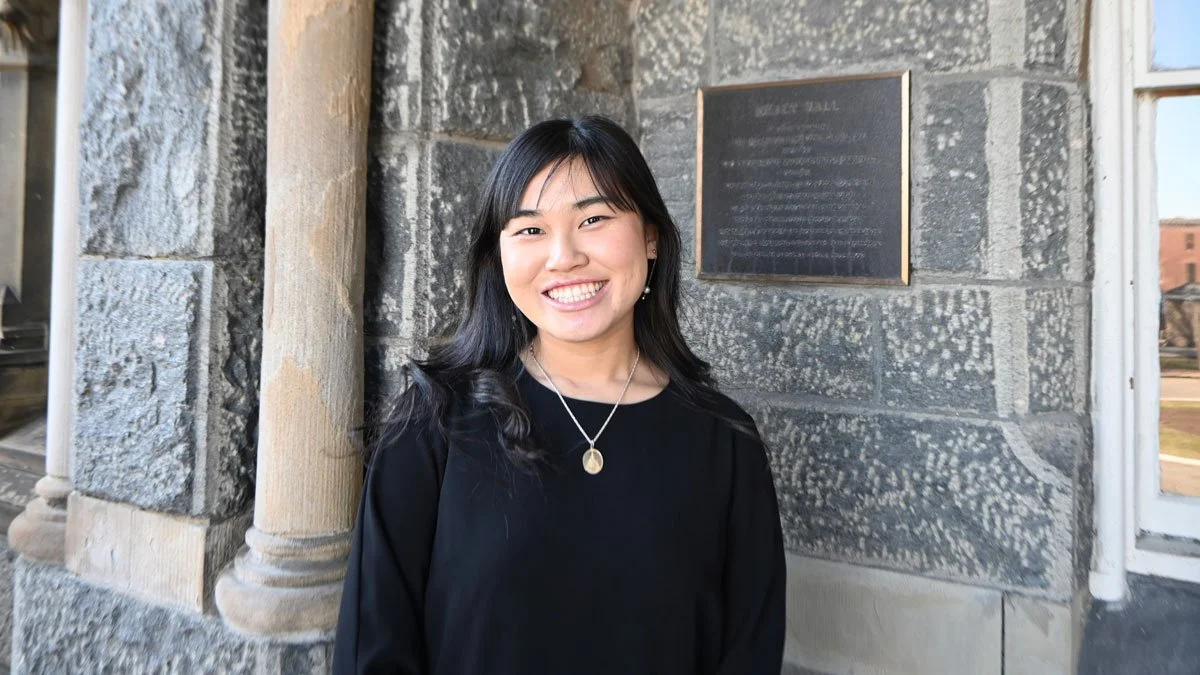A TALE OF THREE LANGUAGES
By: Marie Tetsu, Experience Strategy Intern, Saatchi & Saatchi Wellness
Anyone who grew up speaking several languages knows the limits of the English language. We all know that instance when we’re chatting with a friend, telling an animated play-by-play of an event, but then you hit a roadblock. The exact phrase you need is right at the tip of your tongue, but it’s not in English.
For me, this linguistic challenge has been a recurring theme in my life. I was raised in San Francisco by a Japanese father and a Thai mother, and therefore grew up surrounded by three very different languages. As a kid, I’d mix all three languages in one conversation, which often left people outside my immediate family confused.
Although I was fluent in English, I found myself instinctively swapping words from my other languages, especially when those words captured my emotions and feelings in a way that English couldn’t quite match. For example, the Japanese word, mendokusai, directly translates to “troublesome” in English. However, this translation doesn’t fully encompass the essence of the word. When you say something is mendokusai, you’re expressing a feeling of tired frustration, which really connotes a feeling of tired frustration for something that will require a lot of effort. This problem exists in Thai, too. For example, the Thai phrase noong non directly translates to “tired” or “sleepy” in English. Yet neither word expresses the connotation of the phrase, which evokes a childlike sense of sleepiness and the desire to curl up with a blanket and a mug of hot chocolate.
The use of Thai and Japanese words was enough to paint vivid pictures in my head that their English counterparts failed to do.
This struggle to fully communicate my feelings always bothered me, but it seemed more like a minor inconvenience than a detriment. However, this summer, as an Experience Strategy intern at Saatchi & Saatchi Wellness, I had an eye-opening realization: my desire to properly express myself is a skill, not a detriment.
In my role, I was responsible for writing stories that would be transformed into various outputs. Through numerous meetings with my wonderful team, a comparison struck me— the creative team members were like my chefs, and we, the strategy team, were the recipe writers. To achieve the perfect dish, we had to provide precise instructions. Every word I chose held immense power, much like a brushstroke on a canvas, shaping the entire narrative of the campaign; we weren't just selling products; we were crafting experiences and emotions.
A single word could evoke joy, curiosity, or even nostalgia, instantly connecting with the audience. However, there was a catch— if my language was vague or imprecise, the message could get lost in translation, causing the entire campaign to fall flat. It became my mission to pour my heart into finding the exact words that would convey the brand’s essence, and the emotions we aimed to stir.
Strategy isn’t black and white, and neither are the languages I speak. While this story is specific to me and my internship, it speaks to the larger need for diversity, equity and inclusion. We all started our internship with unique backgrounds and past experiences that molded the ways we performed our roles. While my knowledge of multiple languages may have once been perceived as a hindrance, as a strategist, it has empowered me to create more extensively, gain deeper self-awareness, and ultimately launch more effective campaigns. By embracing our individuality and diverse perspectives, we unleash our potential and story tell better, and there’s nothing mendokusai about that.
Marie Tetsu is an Experience Strategy Intern at SSW and a rising Junior at Georgetown University’s Walsh School of Foreign Service (Class of 2025) majoring in Science, Technology and International Affairs.

